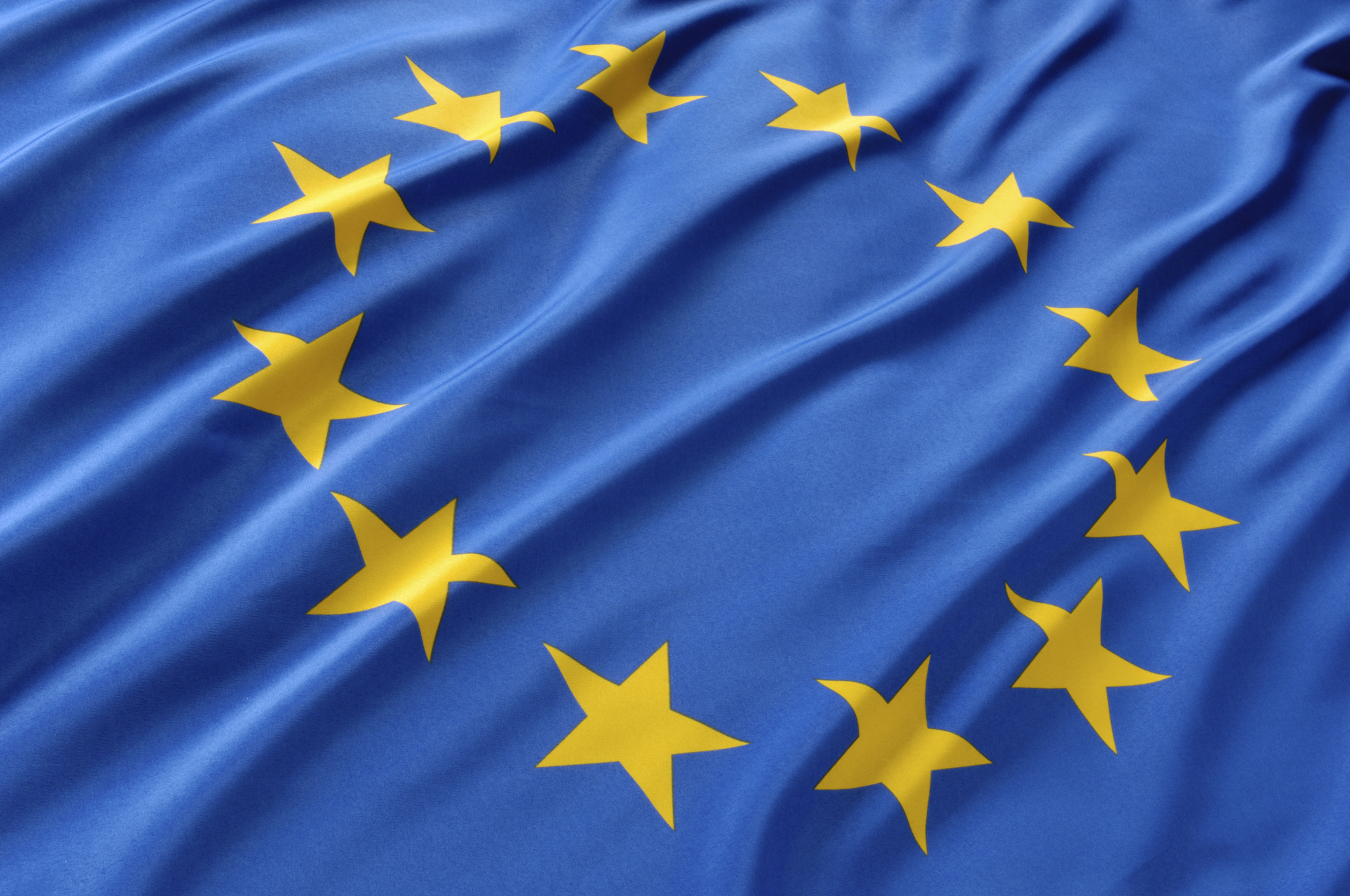Strong arguments for the increased use of genetic, mechanical and digital technology on farms got a green light from Members of the European Parliament (MEPs) in Strasbourg yesterday.
The MEPs voted overwhelmingly to pass a report which called for more innovation in agriculture and argued that the latest technologies have the potential to make the industry more productive and sustainable.
The report, from West Midlands MEP Anthea McIntyre, strikes at the heart of the debate that is raging over adopting science-based rather than political decision making in agricultural development.
The long-running argument in Europe over re-licencing the herbicide glyphosate and the Scottish Government’s ban on using GM technology are the latest examples of the frustration felt by many farmers who believe scientific evidence alone should be enough to move the industry forward.
Ms McIntyre argued that new technologies like GM were the only way of meeting the challenges of a growing population, malnutrition and increased demands for environmental protection. And she said that the benefits of technological innovation should be available to small scale farmers in rural communities as well as addressing the challenges facing large scale producers.
“We need to start a long programme of education. Obviously we need it (technology) to be safe, but I’m keen to start a debate to get people to be open-minded, to look at the evidence and to make decisions based on scientific evidence,” she said.
The Greens/European Free Alliance group didn’t accept her arguments and largely voted against the report. Dutch MEP Baz Eickhout explained later that it was not because they weren’t in favour of technology, but because they believed the report was a message about the kind of agriculture Europe was promoting and whether the power should lie with large companies or smaller scale food producers.
“The report uses nice words like ‘new breeding techniques’, but in a way it’s one big push for big companies who own GMOs and this is not for the benefit of small farmers. Only big farmers will profit from it,” he said.
“Secondly it’s promoting pesticides and saying they should be adopted onto the market more quickly. That’s really a call by the big chemical companies so this report is very one-sided, with the idea that Europe should feed the world at the cost of developing countries. That is going in the wrong direction.”
Scottish MEP Ian Duncan voted in favour of the report. He said later that it was fundamentally about recognising that decisions needed to be based on science.
“It’s not just about big business. It’s a more nuanced debate than big is bad and small is good,” he said.
“In my constituency I have the Roslin Institute, home of Dolly the sheep, and we have some of the most progressive technology around developing new seeds and new feedstuffs. We are now at the cutting edge and the one place we can’t trial and test it is Scotland and that’s just daft.”










